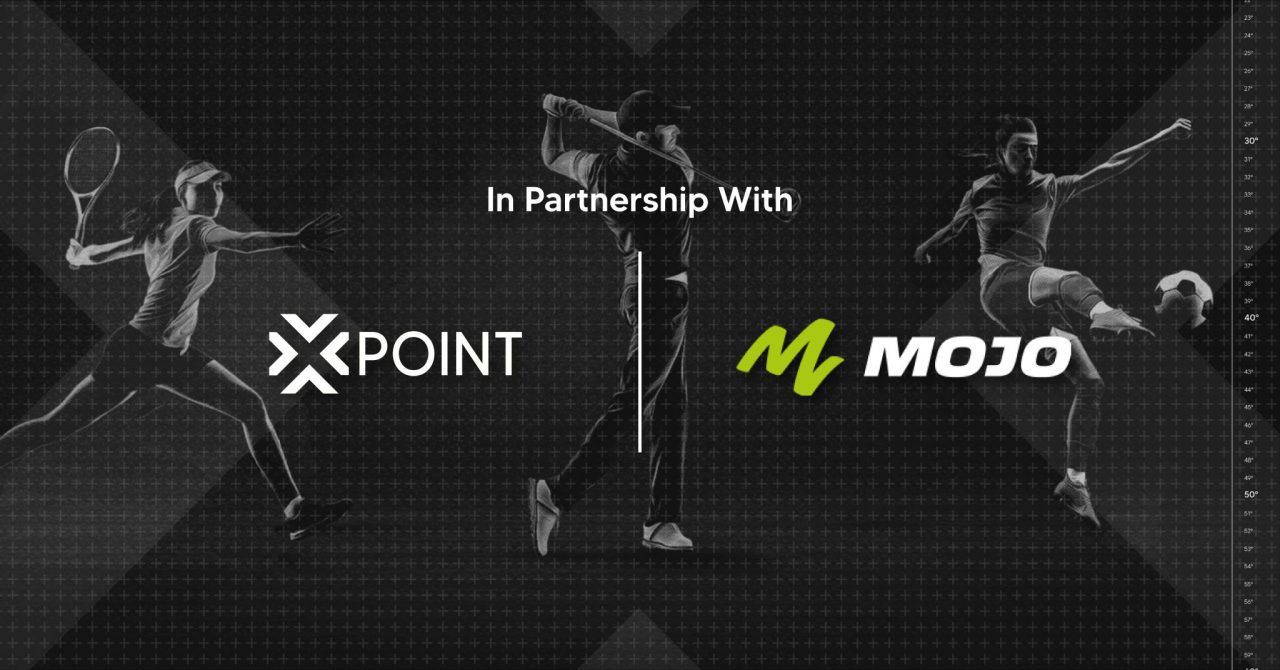
Sharplink Gaming Launches 15 US State-Specific Affiliate Marketing Sites to Deliver Players Directly to Sportsbook and Casino Partners
SharpLink Gaming Ltd., a pioneer of targeted, data-driven user engagement and conversion solutions for the U.S. sports betting and iGaming industries, announced that it has launched 15 state-specific affiliate marketing websites. These state-specific domains are designed to attract, acquire and drive local sports betting and casino traffic directly to the Company’s sportsbook and casino partners’ which are licensed to operate in each respective state.
Specifically, the following proprietary affiliate marketing web properties are now live:
|
|
|
|
|
|
|
|
|
|
|
|
|
All 15 websites feature key highlights, sports betting offers and special promo codes for partner sportsbooks operating in each state. In addition, four of the 15 state sites – Michigan, New Jersey, Pennsylvania and West Virginia where iGaming has been legalized – feature similar content relating directly to SharpLink’s online casino partners. SharpLink has plans in place for all other upcoming U.S. states, including Maryland, which is due to legalize sports betting in November 2022, and Massachusetts and Ohio, which are expected to open their sports betting markets in January 2023.
Rob Phythian, SharpLink CEO, stated, “We pursued and completed the acquisition of FourCubed in late 2021 with an end goal of replicating and scaling its proven playbook for success in affiliate marketing for the European poker market. FourCubed’s Tori Roberts – now SharpLink’s Vice President of Affiliate Marketing – is leading SharpLink’s Direct-to-Player (“D2P”) strategy carefully architected to achieve meaningful sports bettor and iGaming engagement and to deliver new user traffic and acquisitions for our valued partners. The launch of our new D2P web properties represents the first phase of our audience aggregation plan in the U.S. by SharpLink. Looking ahead, we fully expect that the construct of our ultimate D2P platform will serve as a foundational revenue channel presenting exponential growth opportunities for our Company well into the future.”









